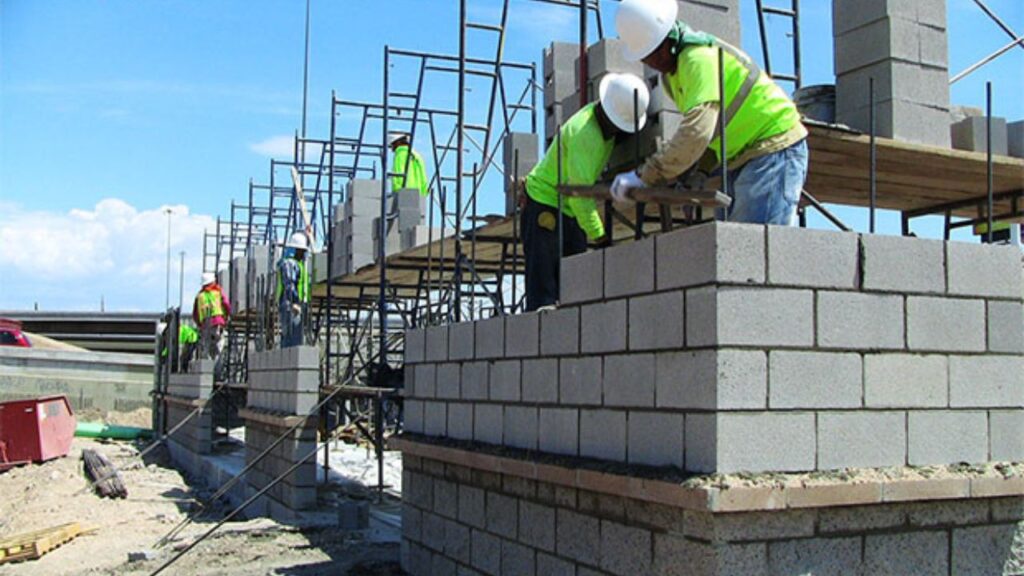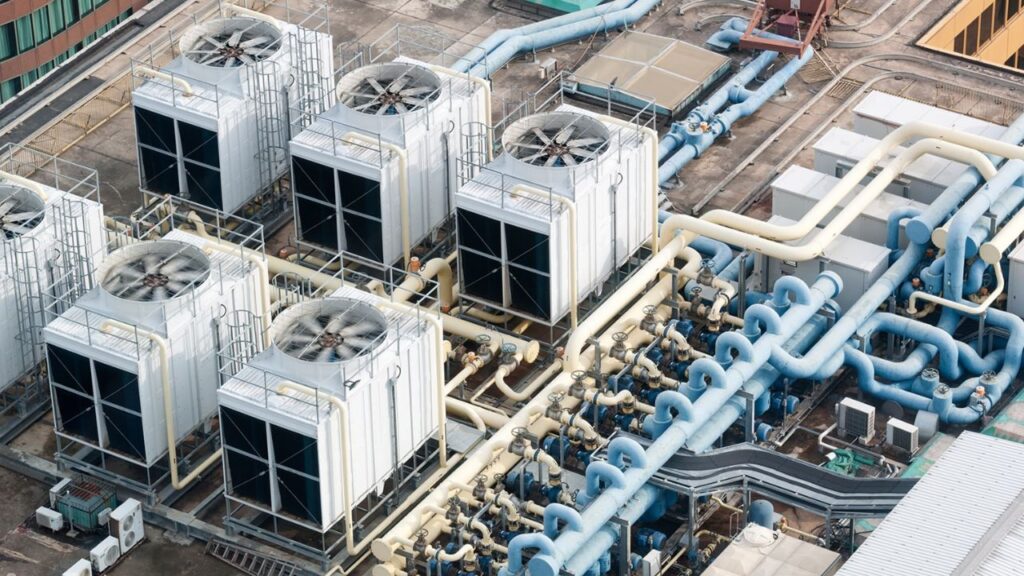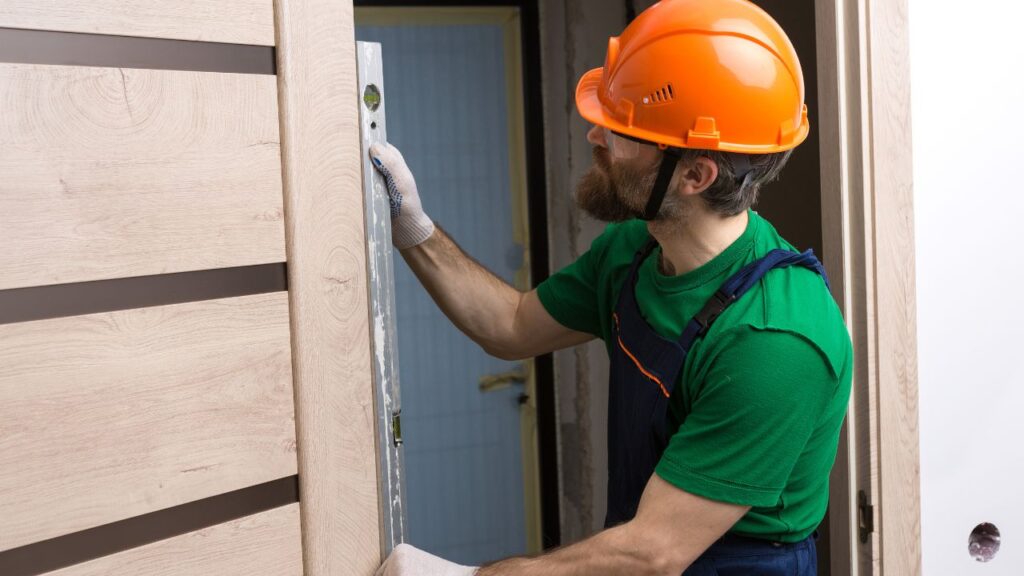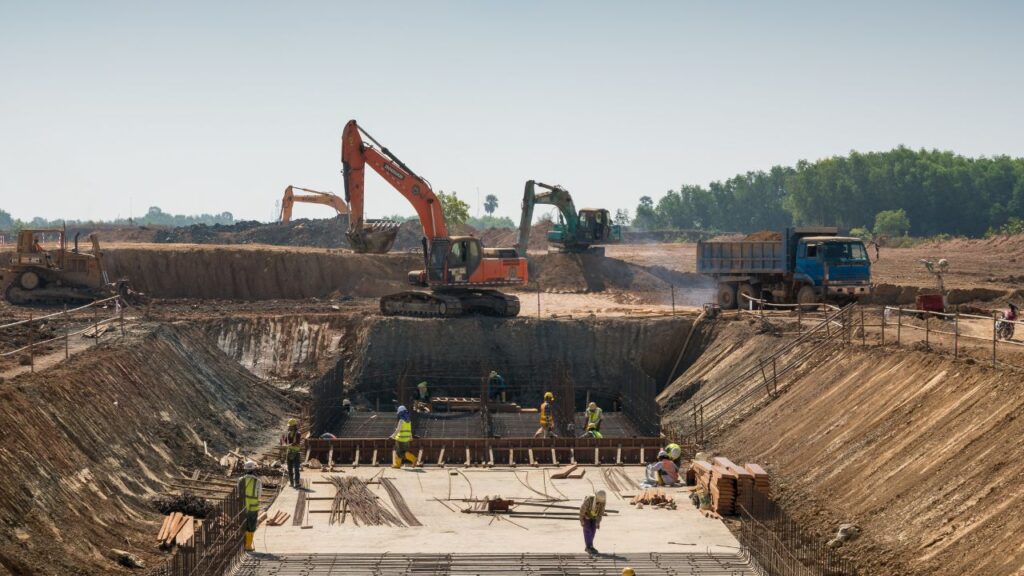Accurate electrical cost estimation is essential for Weston, FL residential, commercial, and industrial projects. Proper planning not only helps in budgeting but also ensures adherence to safety and functionality standards. From wiring new construction to upgrading existing systems, understanding the variables that affect electrical costs ensures that projects are executed efficiently and cost-effectively. This blog delves into the key factors influencing electrical costs, typical expenses, and strategies to save on electrical projects.
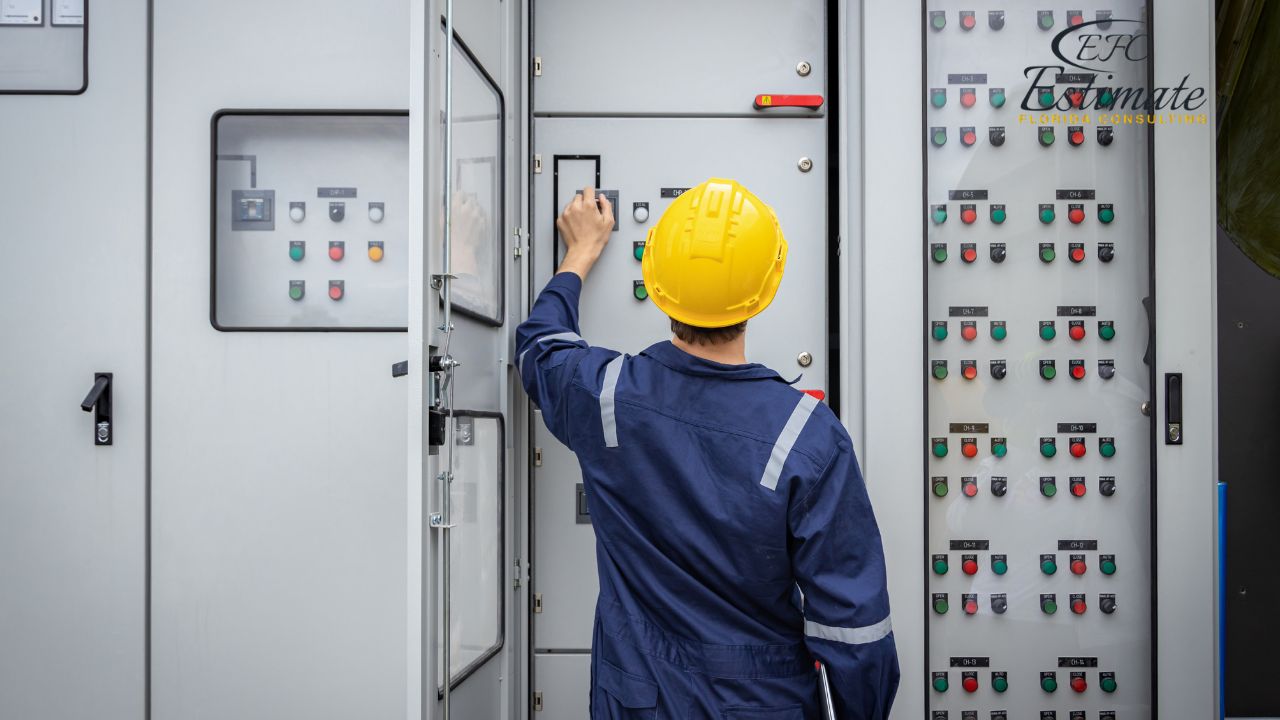
We Work for All Construction Trades
Construction trades encompass a variety of specialized roles, each critical to the successful completion of a project. Skilled tradespeople not only ensure the work is done right but also enhance safety, efficiency, and compliance with local building codes. From the initial groundwork to the final touches, every step requires expertise from dedicated professionals.
- Painting Estimator in Weston
- Roofing Estimator in Weston
- Lumber Estimator in Weston
- Metal Estimator in Weston
- Drywall Estimator in Weston
- Mechanical Estimator in Weston
Average Electrical Costs in Weston
Project Type | Estimated Cost Range |
Residential Wiring | $3,000 – $8,000 |
Commercial Wiring | $10,000 – $50,000 |
Industrial Installations | $50,000 – $250,000+ |
Electrical costs in Weston vary significantly based on the scope of the project, the materials used, and the labor requirements. For instance, residential wiring is typically straightforward, while industrial installations often involve complex, high-voltage systems that demand specialized expertise.
Key Factors Affecting Electrical Costs
Project Scope
The size and complexity of a project are major cost drivers. Wiring a small home may involve fewer components and less labor, while wiring a multi-story commercial building or an industrial facility demands extensive planning, specialized materials, and a larger workforce. The specific requirements of each project significantly affect the overall budget.
Type of Electrical System
Modern electrical systems often include advanced features like smart home integration, energy-efficient lighting, and renewable energy connections. While these upgrades may increase initial costs, they provide significant long-term savings by improving energy efficiency and reducing operational expenses. For example, installing smart thermostats and automated lighting systems can lower electricity bills substantially over time.
Materials and Equipment
The choice of materials, such as copper or aluminum wiring, and the type of fixtures, panels, and outlets used, play a crucial role in determining costs. Copper wiring is more expensive than aluminum but offers better conductivity and durability. High-quality materials and energy-efficient products typically have higher upfront costs but reduce maintenance and replacement expenses.
Labor Costs
Electricians in Weston charge between $50 and $100 per hour, depending on their experience and the complexity of the project. Tasks like running wires through walls or installing custom systems are labor-intensive and can increase costs. Hiring licensed and experienced electricians ensures high-quality work and compliance with local codes.
Permits and Inspections
Electrical work often requires permits and inspections to ensure compliance with Weston’s building codes. Permit fees vary from $50 to $500, depending on the project size and complexity. These permits are essential for ensuring safety and avoiding legal complications in the future.
Get Acquainted with Estimation
Maximize Profits: Budgeting Hacks for Big Construction Projects
Save $300K on Your Next Construction Project
Electrical Cost Estimation by Project Type
Residential Projects
Residential electrical projects in Weston typically cost between $3,000 and $8,000. These costs cover:
- New Wiring: Installing wiring for new construction or home additions, which includes outlets, lighting, and breaker panels.
- Panel Upgrades: Replacing outdated panels to handle increased electrical demands, especially for modern appliances and home systems.
- Lighting Installation: Upgrading or adding interior and exterior lighting fixtures, including energy-efficient options like LED lights.
Commercial Projects
Commercial electrical projects are more extensive, with costs ranging from $10,000 to $50,000. Key factors include:
- Energy Requirements: High energy demands in commercial spaces necessitate robust electrical systems.
- Specialized Equipment: Installing wiring for equipment such as refrigeration units, elevators, and HVAC systems.
- Smart Technology Integration: Automating lighting, HVAC systems, and security measures to improve efficiency and reduce operational costs.
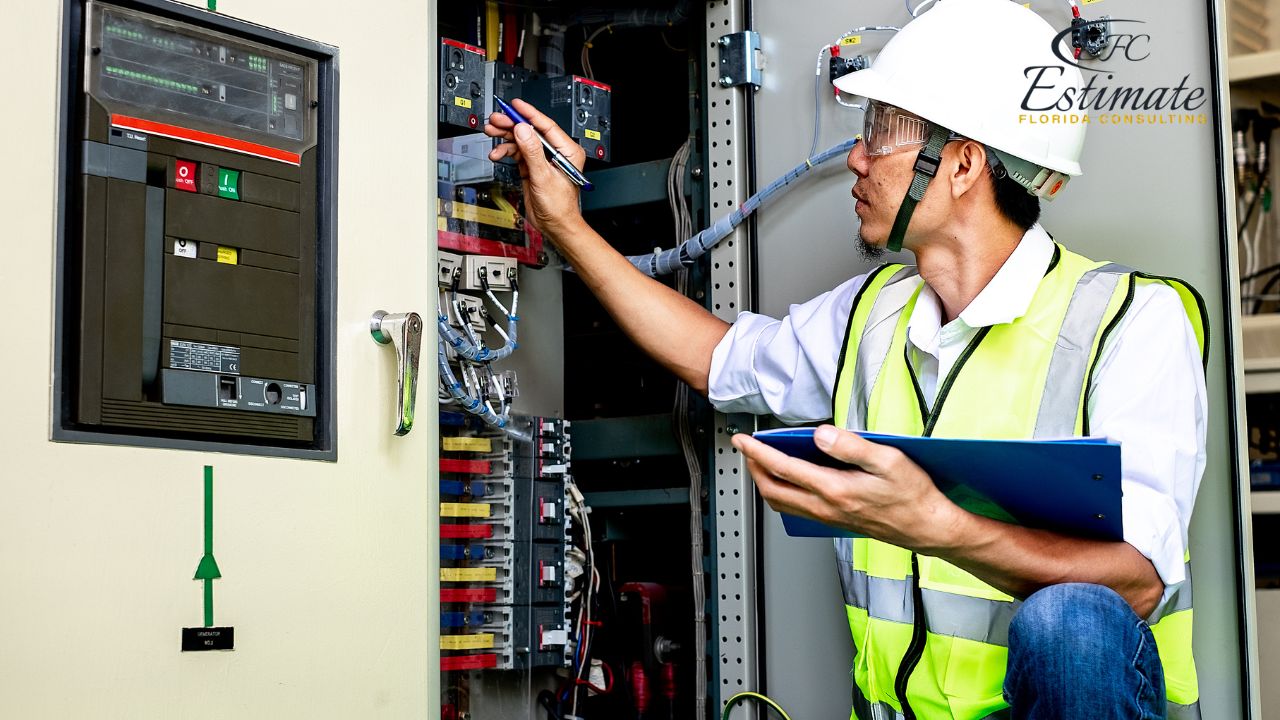
Industrial Projects
Industrial electrical installations can cost upwards of $250,000, depending on the facility size and complexity. Common needs include:
- High Voltage Systems: Installing heavy-duty wiring, transformers, and switchgear to support industrial operations.
- Control Panels: Custom panels for operating machinery and equipment efficiently.
- Safety Systems: Integrating fire alarms, emergency lighting, and backup power systems to comply with safety regulations.
Cost Breakdown of Electrical Components
Component | Cost Range |
Electrical Wiring | $2,000 – $10,000 |
Circuit Breaker Panels | $500 – $2,000 |
Outlets and Switches | $100 – $500 per room |
Lighting Fixtures | $50 – $1,000 each |
Smart Home Systems | $1,000 – $5,000 |
Backup Generators | $5,000 – $15,000 |
Get expert electrical installation for your project—contact us today!
Tips for Reducing Electrical Costs
Plan Efficiently
Designing an efficient electrical layout minimizes unnecessary wiring and ensures easy access for maintenance. A well-thought-out plan also reduces labor and material costs by optimizing the placement of outlets, switches, and fixtures.
Use Energy-Efficient Systems
Invest in energy-efficient systems such as LED lighting, ENERGY STAR-rated appliances, and smart home technology. These upgrades may require a higher initial investment but result in significant long-term savings through reduced energy consumption.
Hire Licensed Electricians
Working with licensed and experienced electricians ensures high-quality installations that comply with local codes. This reduces the risk of costly errors and ensures the safety and reliability of your electrical system.
Bundle Projects
Bundling multiple electrical tasks, such as wiring, lighting installation, and panel upgrades, into one project can significantly reduce costs. Electricians can complete multiple jobs in a single visit, saving time and minimizing labor expenses. This approach is more efficient than scheduling separate appointments and often results in discounted rates. Additionally, bundling ensures all your electrical systems are addressed cohesively, reducing future upgrade needs and potential compatibility issues. It’s a smart, cost-effective way to optimize your electrical upgrades or repairs.
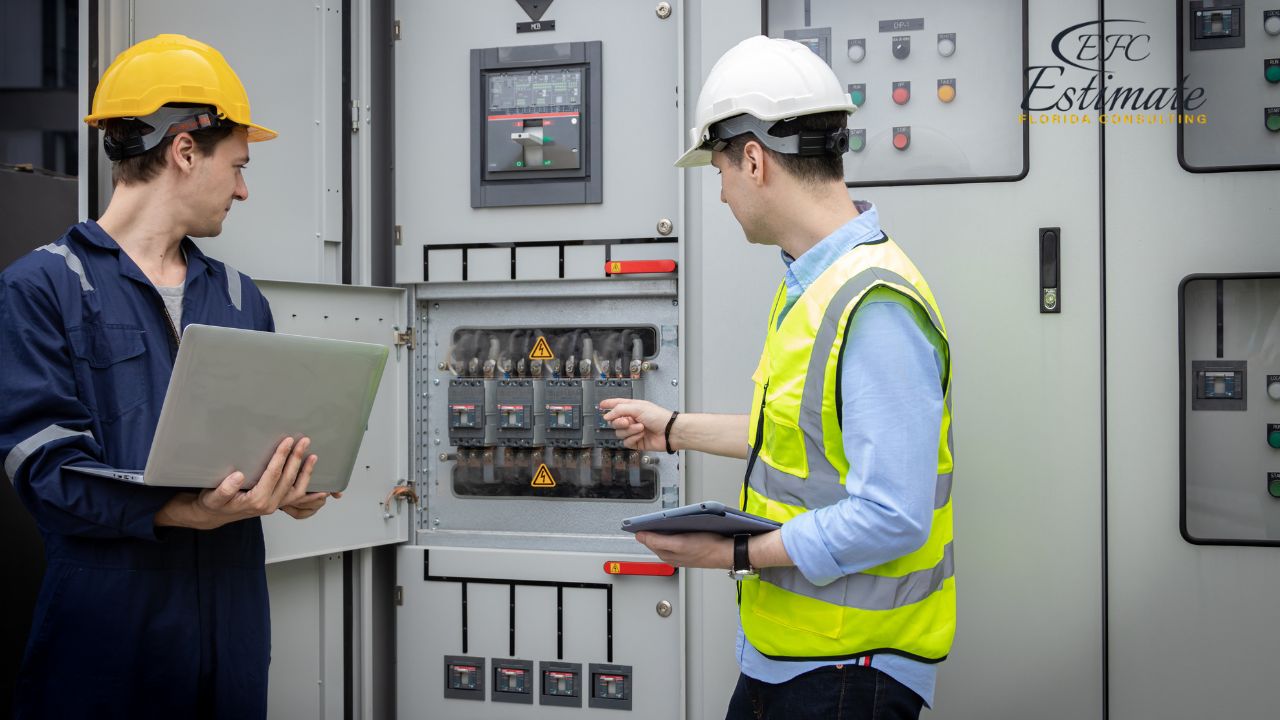
Consider Renewable Energy
Installing solar panels or other renewable energy systems can offset electrical costs and provide long-term savings. Weston’s sunny climate makes it an ideal location for solar energy projects, which can also qualify for tax incentives and rebates.
Advanced Electrical Technologies
Smart Home Integration
Smart home systems allow homeowners to control lighting, temperature, and security from their smartphones. These systems not only enhance convenience but also contribute to energy efficiency by automating electrical use based on real-time needs.
Energy Storage Solutions
Installing battery systems to store energy from renewable sources like solar panels helps in reducing reliance on the grid. These solutions are particularly useful during power outages or peak demand periods.
High-Efficiency Transformers
Commercial and industrial projects can benefit from installing energy-efficient transformers, which minimize energy loss and reduce overall costs.
Download Template For Electrical Project Breakdown
- Materials list updated to the zip code
- Fast delivery
- Data base of general contractors and sub-contractors
- Local estimators

Conclusion
Electrical cost estimation is a critical aspect of planning any construction or renovation project in Weston, FL. Homeowners and businesses can ensure successful, budget-friendly electrical installations by understanding the factors that influence costs and implementing cost-saving strategies. At Estimate Florida Consulting, we specialize in providing detailed electrical cost estimates tailored to your project’s unique requirements. Contact us today for expert advice and customized solutions.
Question Answer
Frequently Asked Question
Estimating electrical costs involves assessing the scope of the project, including materials, labor, and any special requirements. Start by calculating the square footage of the area, determining the number of outlets, switches, and fixtures needed, and identifying the complexity of the wiring. Include the cost of materials like wires, panels, and breakers, and factor in labor rates, which can vary by region. For an accurate estimate, consult a professional or use a detailed electrical cost calculator.
A fair price for electrical work depends on the project's scope and location. On average, electricians charge between $50 to $100 per hour. Smaller tasks, like outlet installations, may cost $150–$300, while larger jobs, such as panel upgrades, can range from $1,000 to $3,000. Always compare quotes from licensed electricians and ensure they include materials, labor, and any permit fees.
For new construction, electrical costs typically range from $3 to $5 per square foot. This price includes wiring, outlets, fixtures, and panel installation. Costs may vary depending on the complexity of the project, material quality, and local labor rates.
The total cost to build a 30x40 shop varies widely based on materials and features. A basic structure can cost between $30,000 and $60,000, while a fully equipped shop with electrical, HVAC, and plumbing can range from $75,000 to $150,000. Electrical costs alone may account for $4,000 to $10,000, depending on the shop's requirements.
For commercial projects, electrical costs generally range from $5 to $12 per square foot, depending on the type of building, electrical requirements, and the systems installed, such as data wiring or specialized lighting. Commercial projects often include additional costs for permits and compliance with stricter safety codes.
To calculate wiring costs:
- Determine the total square footage of the project.
- List all required outlets, switches, and fixtures.
- Estimate the length of wiring needed (linear feet) based on the layout.
- Calculate the cost of materials, including wires, junction boxes, and breakers.
- Factor in labor costs, which typically range from $50–$100 per hour.
- Add a buffer for unexpected expenses or upgrades.
For a precise calculation, consider using an electrical cost estimator or consulting a professional.
Wiring a 30x40 shop typically costs between $4,000 and $8,000, depending on the type of electrical system, the number of outlets and fixtures, and the complexity of the work. If additional features like 240V outlets or specialty lighting are required, the cost may increase.
Adding a 240V outlet to a garage usually costs between $300 and $800, including materials and labor. The exact price depends on the distance from the breaker panel, the complexity of the wiring, and whether the panel requires upgrades to accommodate the new outlet.
Comprehensive Trade-Specific Estimates
At Estimate Florida Consulting, we offer detailed cost estimates across all major trades, ensuring no part of your project is overlooked. From the foundation to the finishing touches, our trade-specific estimates provide you with a complete and accurate breakdown of costs for any type of construction project.

Testimonials
What Our Clients Say
We take pride in delivering accurate, timely, and reliable estimates that help contractors and builders win more projects. Our clients consistently praise our attention to detail, fast turnaround times, and the positive impact our estimates have on their businesses.
Estimate Florida Consulting has helped us win more bids with their fast and accurate estimates. We trust them for every project!

Steps to Follow
Our Simple Process to Get Your Estimate
01
Upload Plans
Submit your project plans, blueprints, or relevant documents through our online form or via email.
02
Receive Quotation
We’ll review your project details and send you a quote based on your scope and requirements.
03
Confirmation
Confirm the details and finalize any adjustments to ensure the estimate meets your project needs.
04
Get Estimate
Receive your detailed, trade-specific estimate within 1-2 business days, ready for your project execution.





